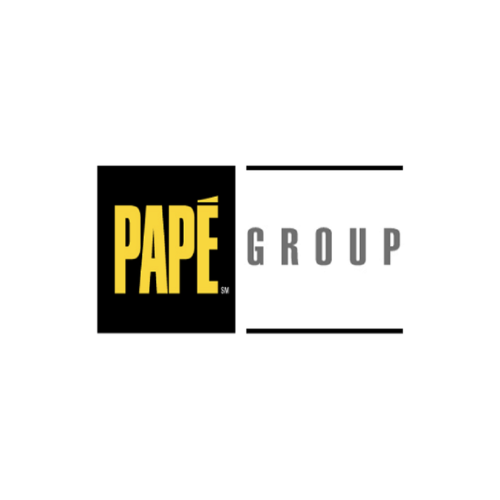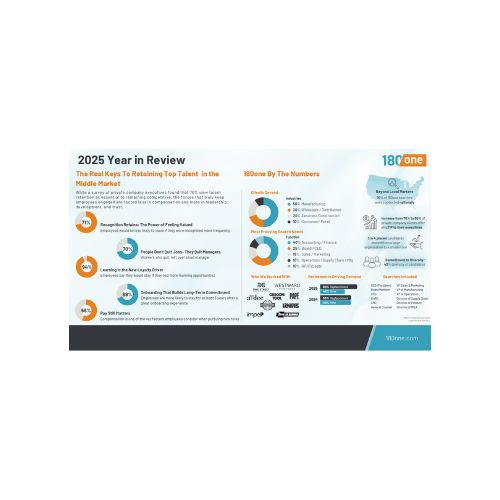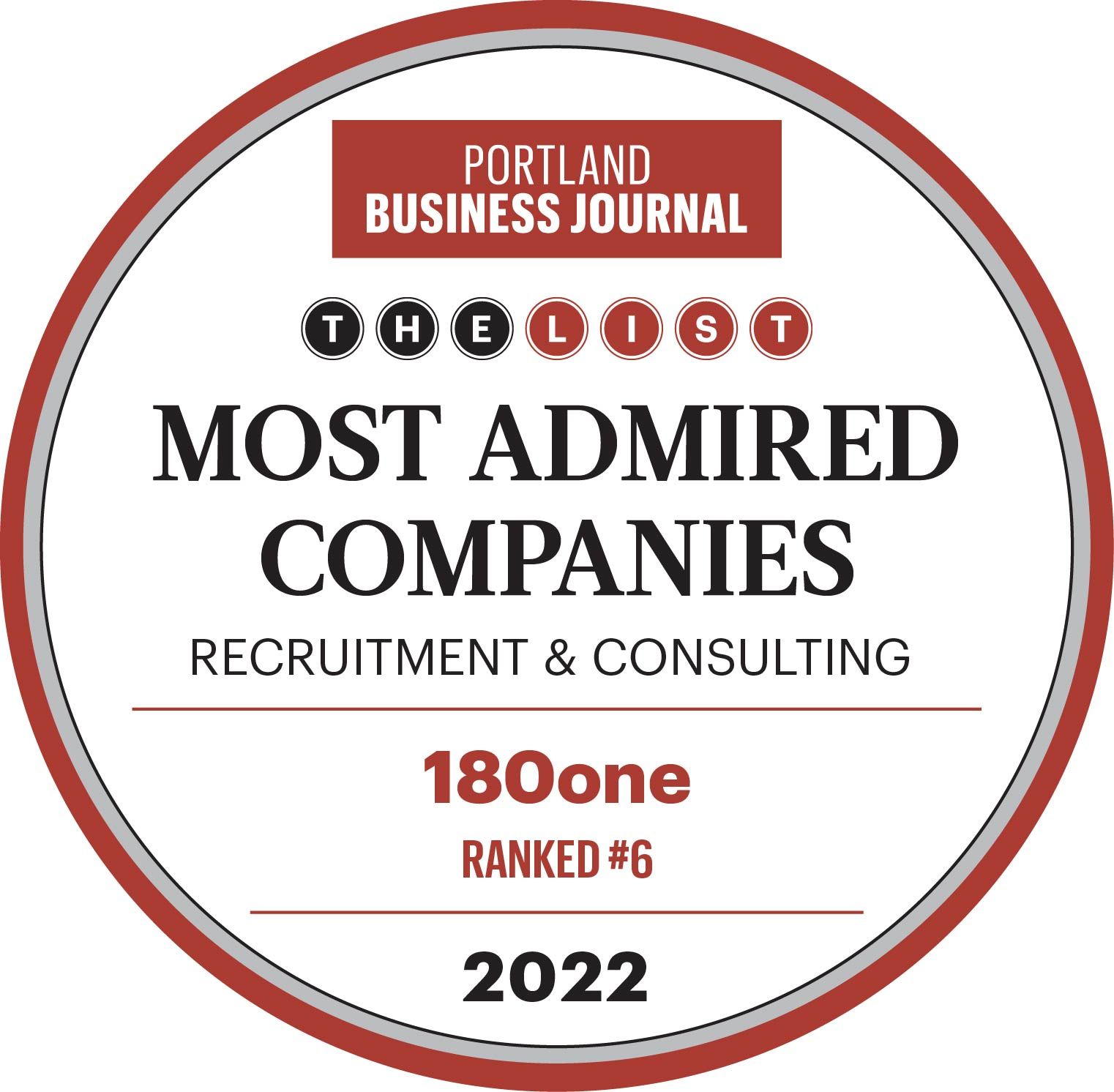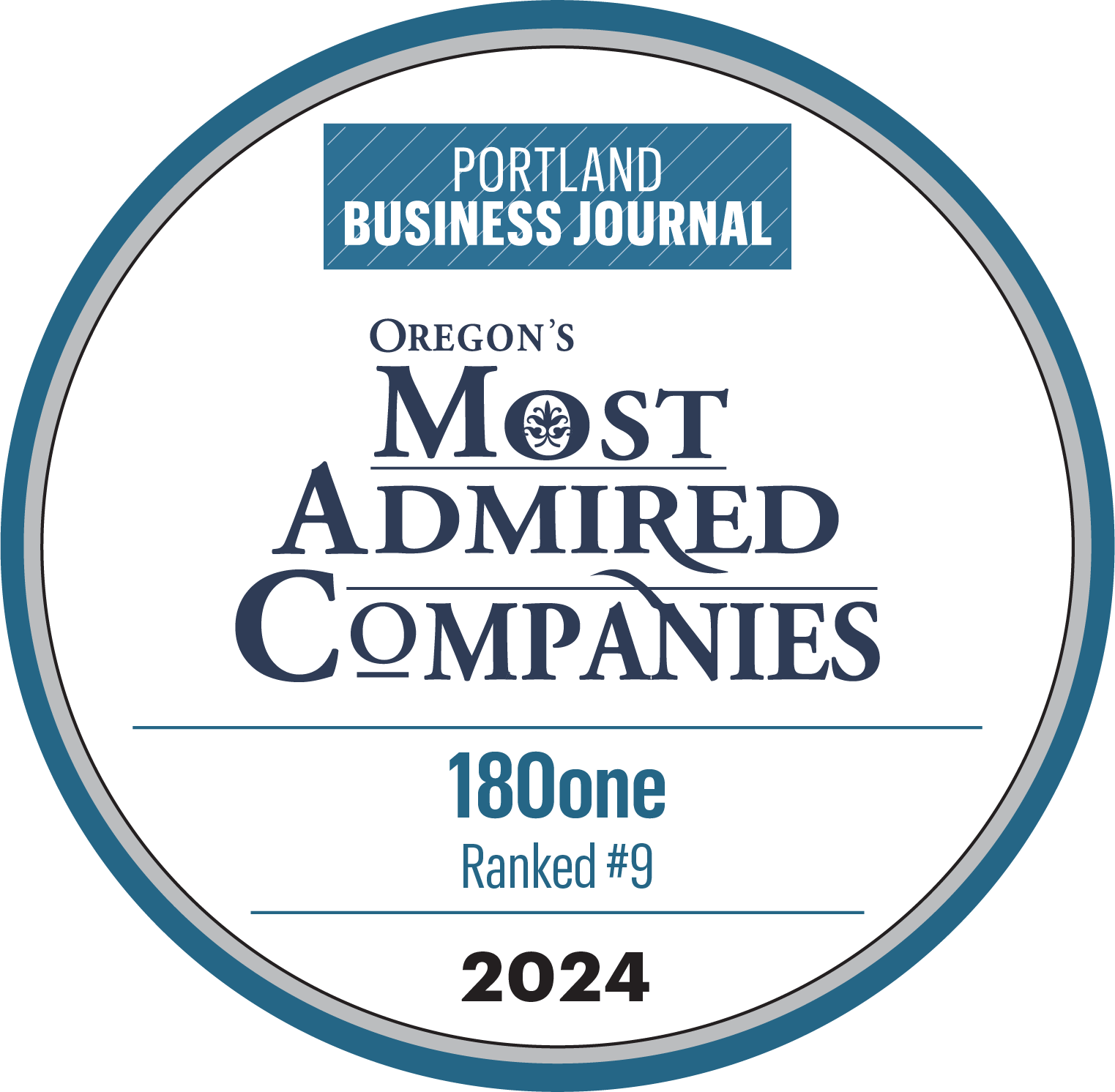How to Maximize Benefits of Behavioral Assessment Tests in the Hiring Process

This article is the first in 180one’s two-part series looking at behavioral assessment testing as part of the hiring process.
Hiring managers know there’s no perfect process for selecting the best candidate for a job, so it makes sense to utilize all the tools you can access to improve that process. At 180one, we’re finding that organizations are increasingly using behavioral assessment tests, often also referred to as personality tests, to help evaluate the suitability and predicted performance of high-level job candidates.
These tests can be a valuable resource, but they don’t paint a full or completely accurate picture on their own of a candidate’s ability to succeed in a job. When looking at indicators for success, research shows that in the hiring process, the general interview provides a 15% measure of success, and reference checks are about 7%, while cognitive or behavioral assessments are 25-30% effective.
Data suggests that these assessments have an important role to play as a tool leading to a great hire. There’s a wide range of test styles to choose from, at a range of price points, and taking a behavioral test today is a much more automated process than when they were first used in industrial settings.
Leading Behavioral Assessment Tools
The most popular and high-profile tests being used by hiring managers today include the following:
Hogan – Hogan’s tagline is “The Science of Personality,” and they offer a suite of business-based assessments for hiring and development. Their cornerstone assessment, the Hogan Personality Inventory (HPI), identifies qualities that describe how an employee will relate to others when they are at their best, and gives insight into how people work, how they lead, and how successful they will be. Hogan assessments are used by many Fortune 500 companies, including Intel, McDonald’s, Merck, GM, Microsoft and Cisco.
DISC – DISC’s accessibility and ease of plugging in results to success models makes it one of the most widely used workplace behavioral assessment tools today, and it’s also the one with the earliest origins. It was first developed in the 1920s by William Moulton Marston (also the inventor of the first lie detector and the creator of Wonder Woman). Marston theorized that the behavioral expression of emotions in relationship to environment could be categorized into four primary types: Dominance (D), Inducement or Influence (I), Submission or Steadiness (S), and Compliance (C). DISC assessments are also used by many Fortune 500 companies, particularly within management, including General Electric, Chevron and Walmart.
Wonderlic – The Wonderlic Personnel Test (WPT-R) helps measure general mental ability, which it touts as being widely accepted as one of the single best predictors of job success. The Wonderlic “Wonscore” assesses and ranks potential employees in the areas scientifically proven to predict job performance: Cognitive ability + motivation + personality. The NFL uses Wonderlic to assess their quarterbacks – it’s a timed test and can evaluate a person’s ability to make quick decisions without knowing all the options.
Myers-Briggs – the Myers-Briggs Type Indicator (MBTI) continues to be the most widely used personality test worldwide, although it has a different role than behavioral assessments in predicting success in the workplace. MBTI personality testing includes behavior, traits and character, and is based on psychologist Carl Jung’s model of “Psychological Types.” His belief was that every person has an innate desire to grow, and part of that growth comes from understanding, individually, how we operate in the world.
How Behavioral Assessment Tools Can Miss the Mark
In the early days of behavioral assessments for work, the candidate or employee would take the test, then an industrial psychologist or other trained analyst would scrutinize the test to identify behaviors especially suited or contrary to job benchmarks. (We’ll look at how job benchmarks help interpret test results in part 2 of this series.)
Today, because almost all popular behavioral assessment tests are administered online, and some are free, there’s a likelihood that the person(s) evaluating a candidate’s behavioral test results may not have much training or experience in how to interpret the information and relate it to other factors significant to predicting job performance and success.
The Nielson Group, which specializes in work-based behavioral assessment testing, has found some common mistakes organizations and hiring managers make in using behavioral style assessments when they don’t have training on how to best use the results.
Tests such as DISC, Wonderlic, or Myers-Briggs can be valuable tools, but these tests won’t be a significant indicator if they are the only tool a company uses to assess a person’s talent and fit. The complexity of determining talent and fit includes other important elements that need to be considered for hiring and developing employees.
Mistake #1: Behavioral assessment test results will tell you who will be a superstar performer or a low performer
Probably the most common error made in using a behavior-based assessment model occurs when someone assumes that it explains who will succeed or fail in a job. Most behavioral assessment tests only measure common behavioral tendencies — not skills, not motivators, not the ability to make quick decisions and good judgment.
A single behavioral assessment without companion tools and analysis does not predict job success — a “best” behavioral job profile for a position can be identified but is not appropriate as the only criteria to consider. Organizational research has shown that in general, any type of behavioral style can succeed in any type of profession, including leadership positions. It’s important to remember a behavioral style is only one part of the picture and there are many other elements that affect job performance.
Mistake #2: Behavioral style assessments are complete personality profiles appropriate for selection and development
While behavioral assessment tools such as DISC and Wonderlic explore traits within someone’s personality, the term “personality” encompasses much more than the scope of a behavioral assessment test. A complete talent profile is much more than behavior, and includes facets like values, beliefs, the ability to make good judgments and quick decisions, sense of humor, character, ethics, emotional maturity, thinking preferences, soft skills, and communication style. A behavioral assessment test is not a complete measure of who someone is, but simply one aspect of what makes a person unique: how we prefer to act and communicate in a certain situation.
Mistake #3: The hiring manager uses anecdotal data to determine what type of personality would be successful in a given role.
You can get the “right” result, meaning the result you’re looking for, from a test, but are you getting the right person for the job? For example, the “driver” personality is the most over-sought trait hiring leaders look for across all jobs and functions. However, an office full of Type A personalities can create havoc on any organization. Understanding the true personality required for a given role by considering other factors such as emotional intelligence, business acumen, and underlying core motivators, as well as considering other employees’ test results or industry statistics for the profession is critical.
Key takeaways on behavioral assessment tools
With the variety of assessment tools available, it’s important to identify what specific information you want to glean from a test, then research the types of tests in order to choose one (or more) that most closely aligns with your hiring needs.
For example, one test type may work better for you in identifying strong leadership traits your organization needs now, such as Hogan, and another may serve you better in looking at how someone will integrate into a team and their potential to develop into a leadership role, such as DISC.
Maximizing the efficacy of these tests requires experience in analyzing the results, so you’ll get the most out of a behavioral assessment when you partner with a trained user of the assessment tool. They can interpret test results with specific knowledge of your organization’s needs along with comparative data from other organizations with similar needs.
In part 2 of this series, we’ll look at how behavioral assessment tests and results are used in practice: At what stages hiring managers use them in the recruitment and interview processes, and the benefits and drawbacks of that timing; how to use test results in the interview process; and how to use them for onboarding and creating employee development plans.






